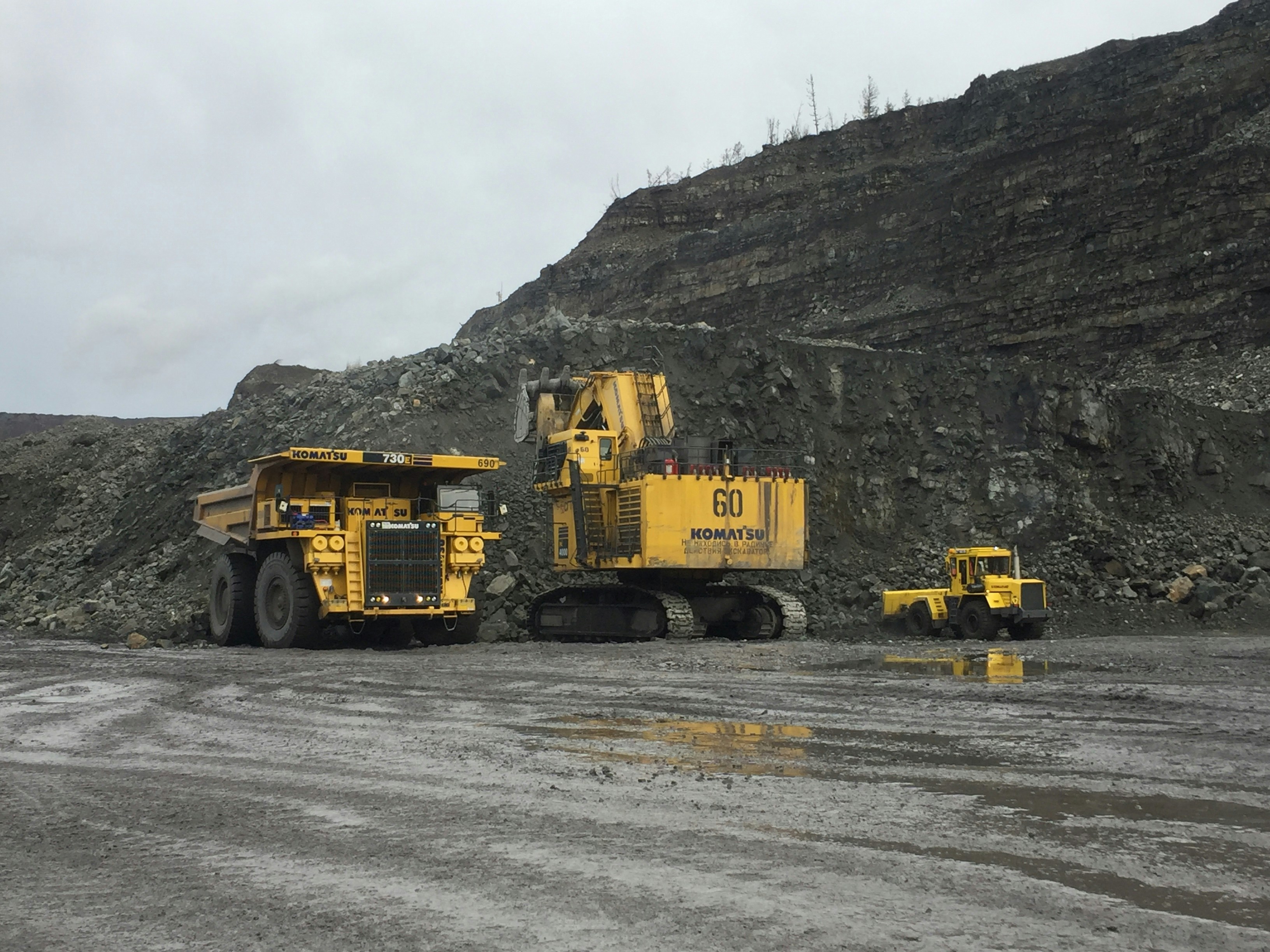Navigating the Legal Terrain of Mining
Mining, a vital industry powering global economies, operates within a complex legal framework requiring expert guidance to navigate. Law firms serve as indispensable allies to mining companies, offering specialized legal services to address the myriad regulatory, contractual, and environmental challenges inherent in the sector. Let's explore the pivotal role law firms play in facilitating responsible mining practices and fostering sustainable development.
Compliance and Regulatory Expertise:
The mining industry is subject to a myriad of regulations, spanning environmental protection, land rights, safety standards, and indigenous rights, among others. Law firms specializing in mining law provide invaluable expertise in navigating these complex regulatory landscapes. They ensure compliance with local, national, and international laws, helping mining companies avoid costly penalties and reputational damage while fostering responsible resource extraction.
Contract Negotiation and Due Diligence:
Mining projects often involve intricate contractual arrangements with various stakeholders, including governments, investors, suppliers, and local communities. Law firms play a central role in negotiating and drafting these agreements, ensuring clarity, fairness, and alignment with their clients' objectives. Through comprehensive due diligence processes, they assess legal risks and liabilities associated with mining ventures, safeguarding clients' interests and investments.
Land Acquisition and Rights Management:
Securing access to land is a fundamental aspect of mining operations, often fraught with legal complexities and community engagement challenges. Law firms assist mining companies in navigating land acquisition processes, including lease agreements, permits, and negotiations with landowners and indigenous communities. They advocate for transparent and equitable land rights regimes, promoting responsible stewardship of natural resources and fostering positive relationships with local communities.
Dispute Resolution and Litigation:
Disputes and conflicts are inherent risks in the mining industry, arising from issues such as land rights disputes, environmental contamination, and contractual disagreements. Law firms specializing in mining law offer expertise in dispute resolution mechanisms, including negotiation, mediation, arbitration, and litigation when necessary. Their strategic advocacy aims to resolve conflicts efficiently while minimizing disruptions to mining operations and preserving stakeholder relationships.
Environmental and Social Responsibility:
In an era of increasing environmental awareness and social activism, mining companies face growing pressure to operate sustainably and responsibly. Law firms play a crucial role in advising clients on environmental compliance, social impact assessments, and community engagement strategies. By promoting best practices and adherence to international standards such as the Equator Principles and the Extractive Industries Transparency Initiative (EITI), they help mining companies mitigate risks, enhance reputational resilience, and contribute positively to local communities.
Conclusion:
In the dynamic and challenging landscape of the mining industry, law firms serve as indispensable partners, providing essential legal expertise and strategic guidance to navigate complex regulatory environments, manage risks, and foster sustainable practices. Through their commitment to responsible mining principles and stakeholder engagement, law firms play a vital role in advancing the interests of their clients while promoting environmental stewardship, social responsibility, and long-term sustainability in the mining sector.


